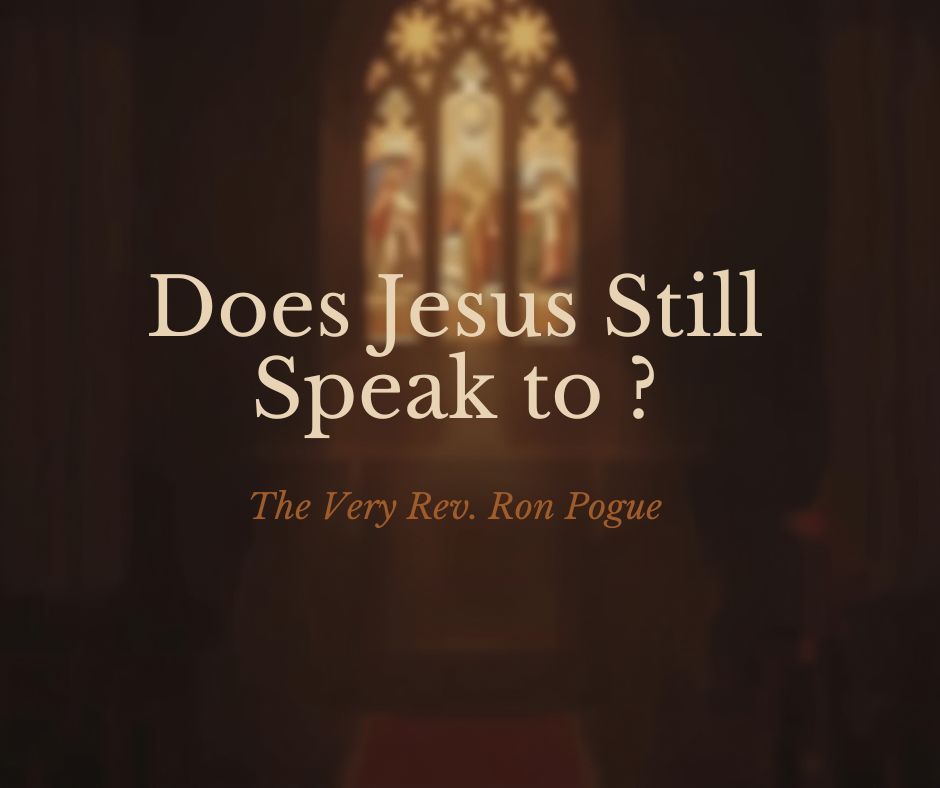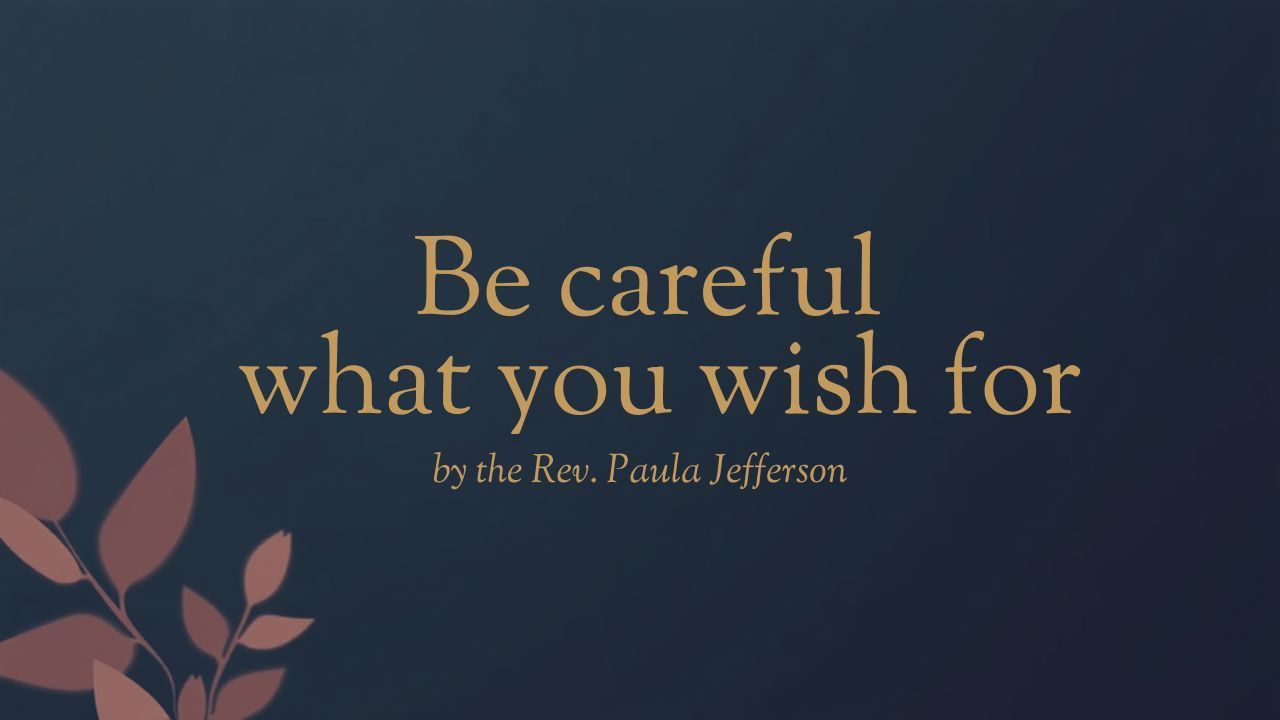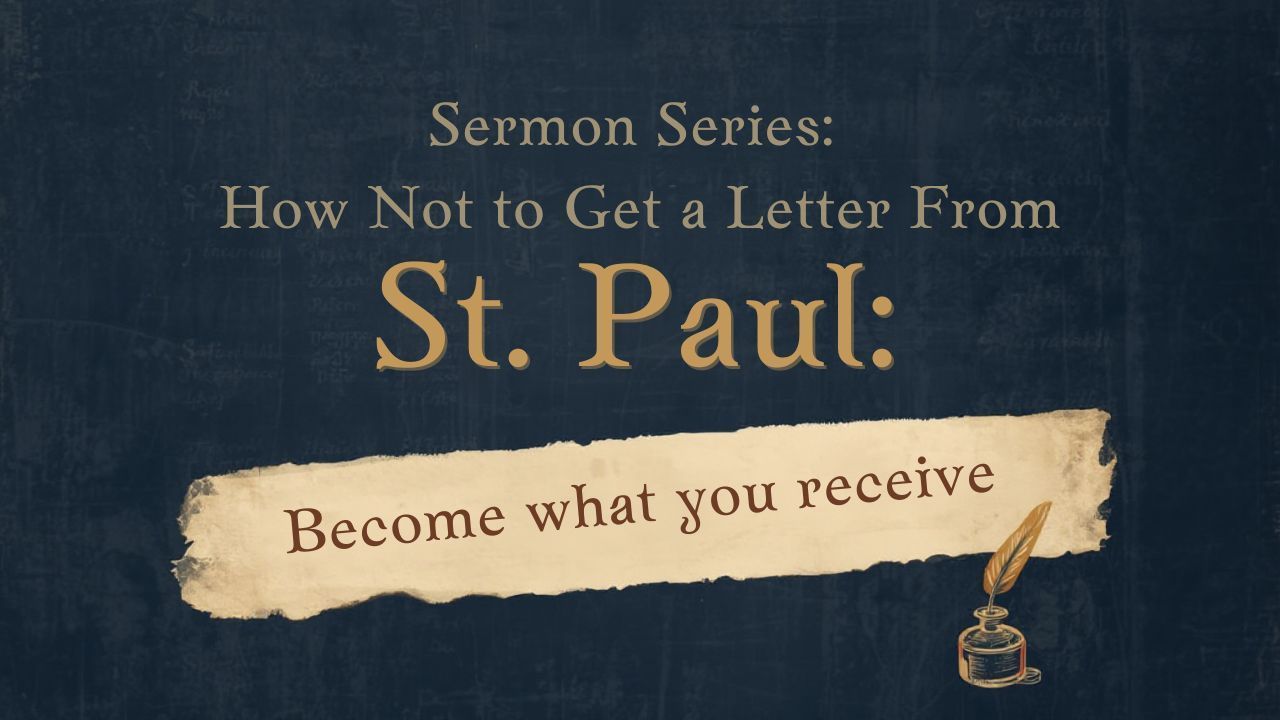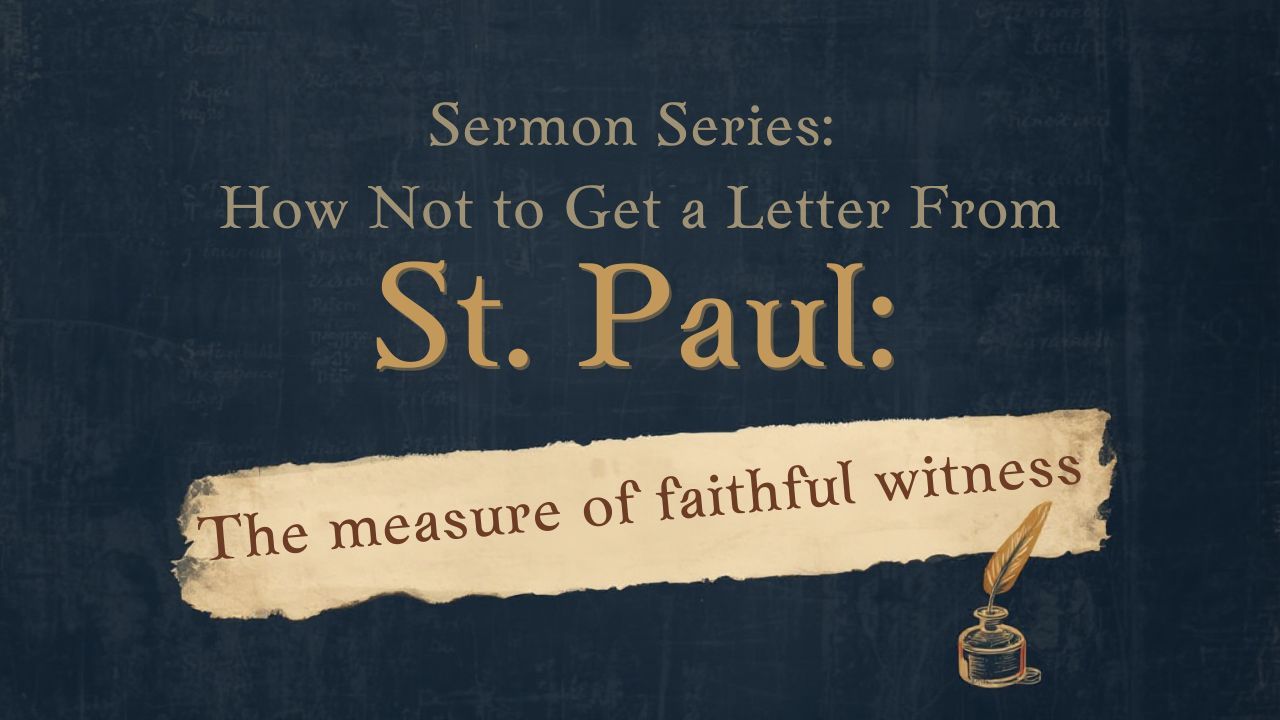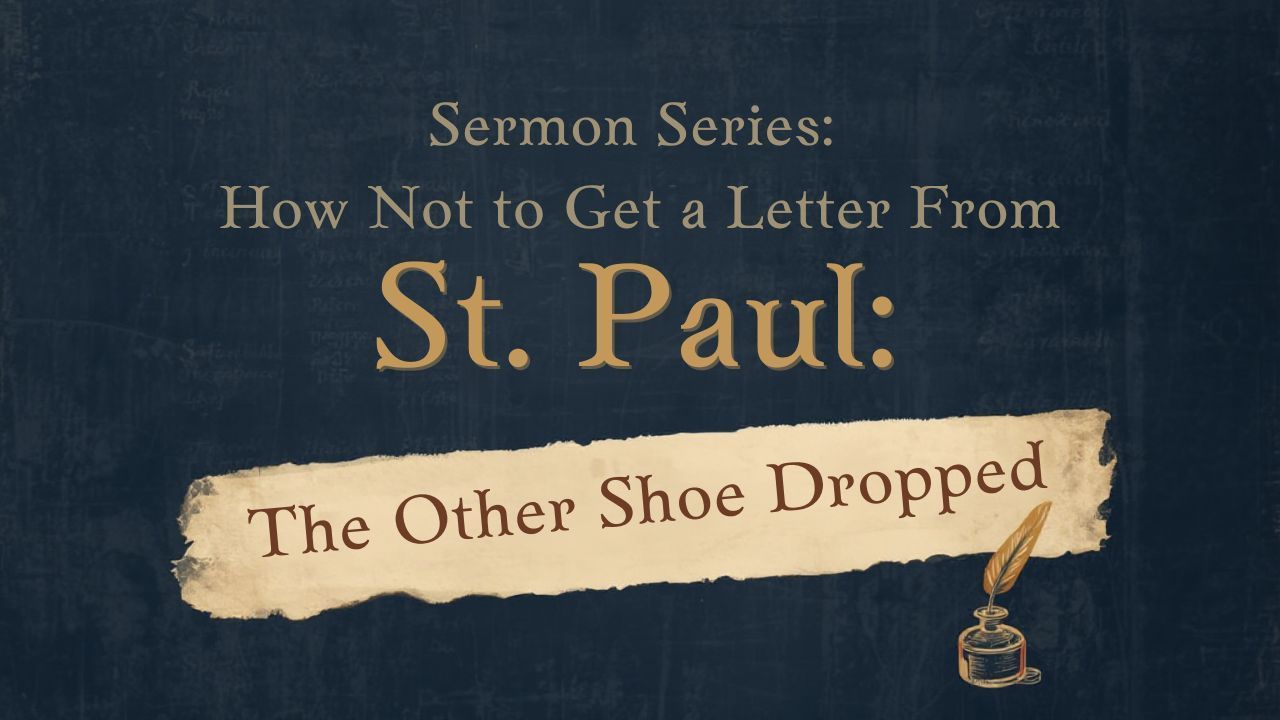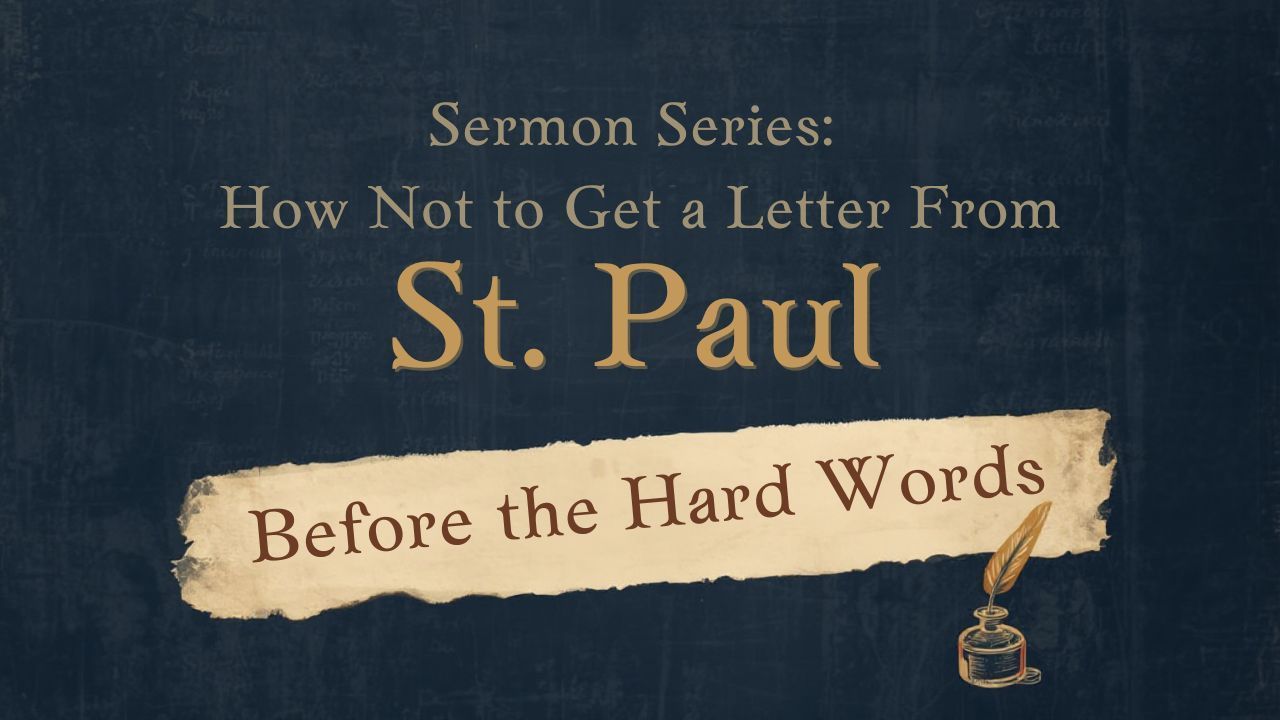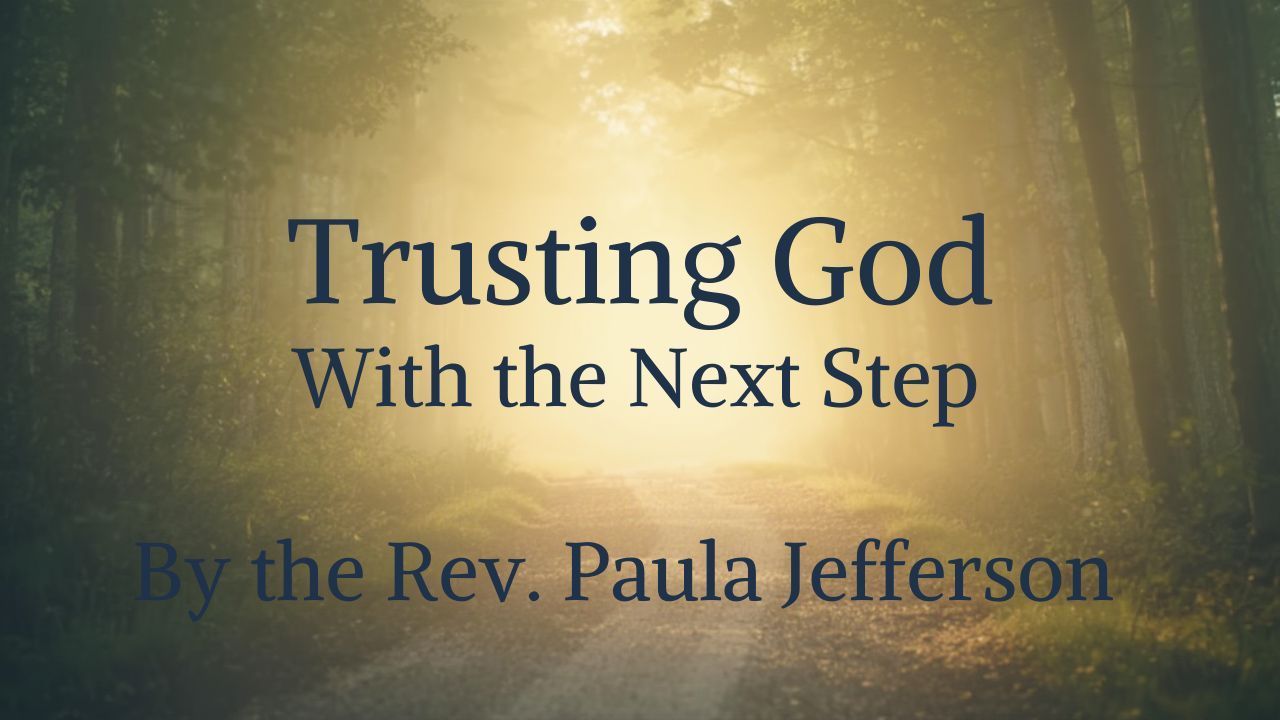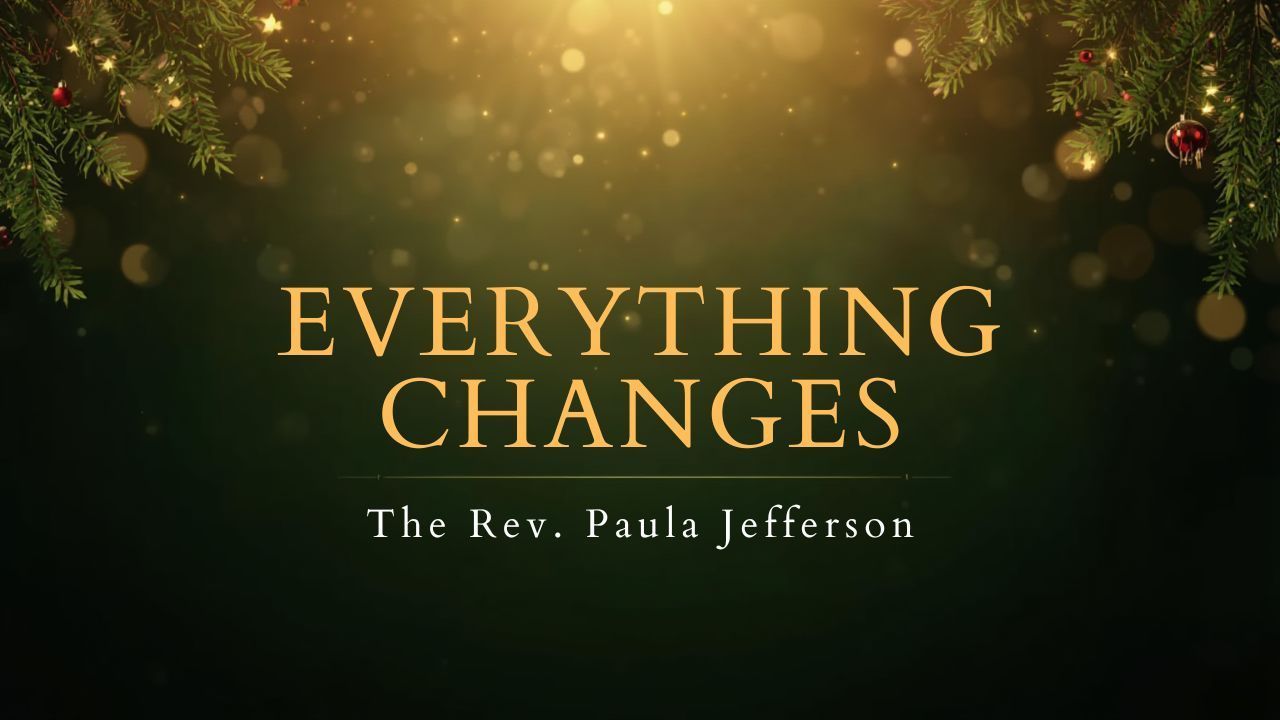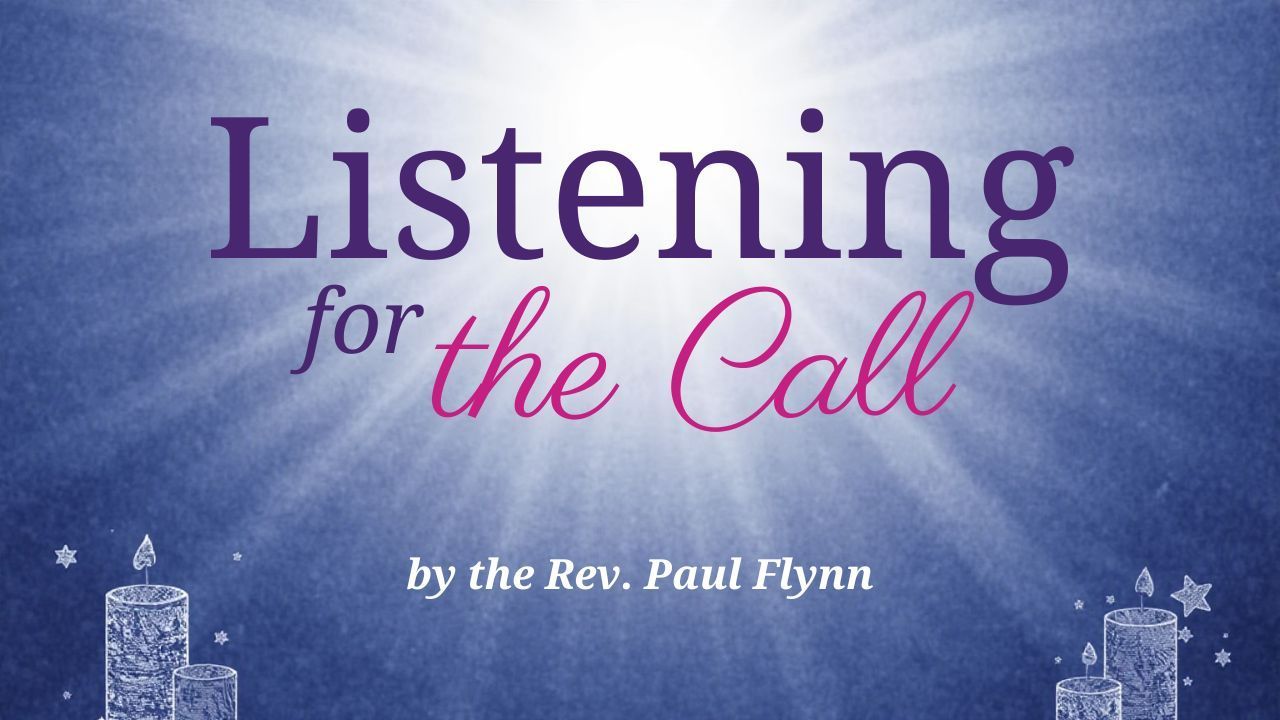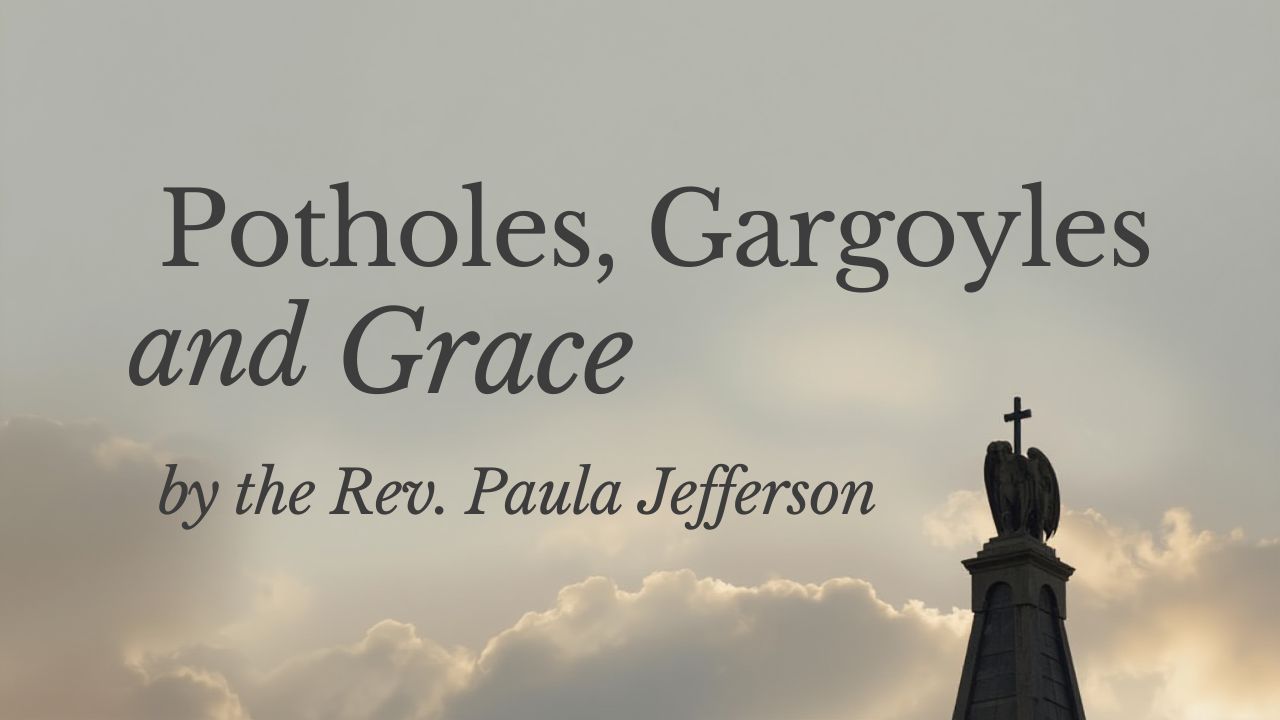From the 2nd Sunday of Easter to the Day of Ascension, our lectionary presents the same core readings every year. Each of the readings contributes something to our recognition of the Risen Christ.
On the 2nd Sunday of Easter, the story of Thomas invites us to wrestle with human faith and doubt. Last Sunday, the Risen Christ appeared among his disciples while they were sharing a meal. They were startled and terrified because they did not recognize him. And so he asked, “Fellas, do you have anything to eat”. They offered him food and he ate. Through the breaking of bread, the Risen Christ was revealed to them.
Today we heard the story of the good shepherd, and it also contributes to our understanding of Christ—and to our own discipleship as Christians in this world.
There’s a lot of talk about sheep, flocks of sheep, and shepherds in the story. After our service concludes, there will be a petting zoo with sheep and even a few goats.
So, I thought it would be good to start with some fun facts about sheep….
A. Human eyes have round pupils. Sheep have rectangular pupils.
B. Humans have 155-degree peripheral vision. Sheep have MORE THAN 270-degree peripheral vision. They’re able to look straight ahead and see over both of their shoulders!
C. Sheep have an excellent sense of smell.
D. Sheep experience a range of emotion: fear, anger, despair, boredom, happiness.
E. Sheep can differentiate between human facial expressions—preferring a smile to a frown.
F. And a mama sheep recognizes the bleat (or voice) of her lamb. Even if the lamb is not visible to her, she knows the voice of her own.
What can we learn from sheep and the good shepherd that might inform our understanding of the Risen Christ?
The first part of the story is familiar. Jesus will lay down his life for us, the sheep of his flock. He differentiates himself from a hired hand—someone who is watching the flock for a paycheck only. The hired hand does not know the sheep…and is not invested in the safety and nurture of the flock.
When danger comes, the hired hand runs away. The wolf is free to scatter the sheep—they are no longer a flock.
In this part of the story, there’s a heavy emphasis on the redemptive work of Jesus the Christ for his flock. Jesus also named another part of his mission: Whereas the wolf scattered the sheep; it is the good shepherd who enfolds the flock.
Enfolding a flock of sheep is not easy. In places like Ireland and Scotland, sheep herding is still a common way of life. Many times, I’ve waited on a country road while a shepherd moved a flock of sheep from one field to another. It’s like watching a comedy skit unfold.
Herding dogs nip at the heels of the sheep who stray from the flock which is to say that they nip at the heels of all the sheep. The shepherd opens the gates and then stands in the road, holding cars at bay so the sheep can safely cross the road. Sitting in a car watching the procession, it feels like time stops. You can’t make this process happen faster—no matter how late you are for an appointment or how many times you honk your horn, the flock will pass in its own course of time.
The shepherd and dogs work together to keep the flock intact—crossing creeks, roads; moving through fence gates. The sheep seem unaware of the danger around them, or that the shepherd has risked his own life standing in the road between the sheep and oncoming cars.
I often pray that God will be the Shepherd who leads and guides St. Chris toward God’s vision for us. I wonder what dangers we routinely navigate without realizing how we’ve been held together, and safely moved along our journey, by that good shepherd.
As I reflected on the text this week, I kept coming back to a later part of the story where Jesus expanded his mission beyond the flock of believers:
He said, “I have other sheep that do not belong to this fold. I must bring them also, and they will listen to my voice. So there will be one flock, one shepherd.”
In other words, Jesus is not only laying down his life for the flock of believers; he is laying down his life for all humanity, across all time.
The message of the good shepherd is daunting because we are the Body of Christ in this time and place.
We are called to know one another—not as acquaintances (like the hired hand). We are called to know one another deeply: to recognize the voice, the wounds and the joys of one another.
We are called to nurture and safeguard our flock, to raise up disciples. That means we invest in programs that encourage us to grow in faith and relationship with Christ.
We are called to welcome people into this joyful community, to create opportunities for people to plug-in and become part of fabric of St. Christopher’s.
We are called to carry God’s love and God’s peace to the sheep who do not belong to this fold. Sheep who may not look like us, or pray like us, or speak like us. Sheep who may not have a roof over their head, or transportation, or medical care, or food. Sheep who may have adopted a secular shepherd—a hired hand—to follow. The kind of shepherd who runs away when life gets hard.
How do we bring the voice of the Good Shepherd to our community?
That Voice is heard every time Laundry Love holds an event, every time a food pantry opens its doors to hungry people. The refugee work we have done—and will do—speaks volumes to people who are rebuilding their lives in a new place.
The community just outside our door is filled with people who are compelled by hope to search for the Good Shepherd. May they recognize God’s Voice, and God’s redemptive love, through us.
